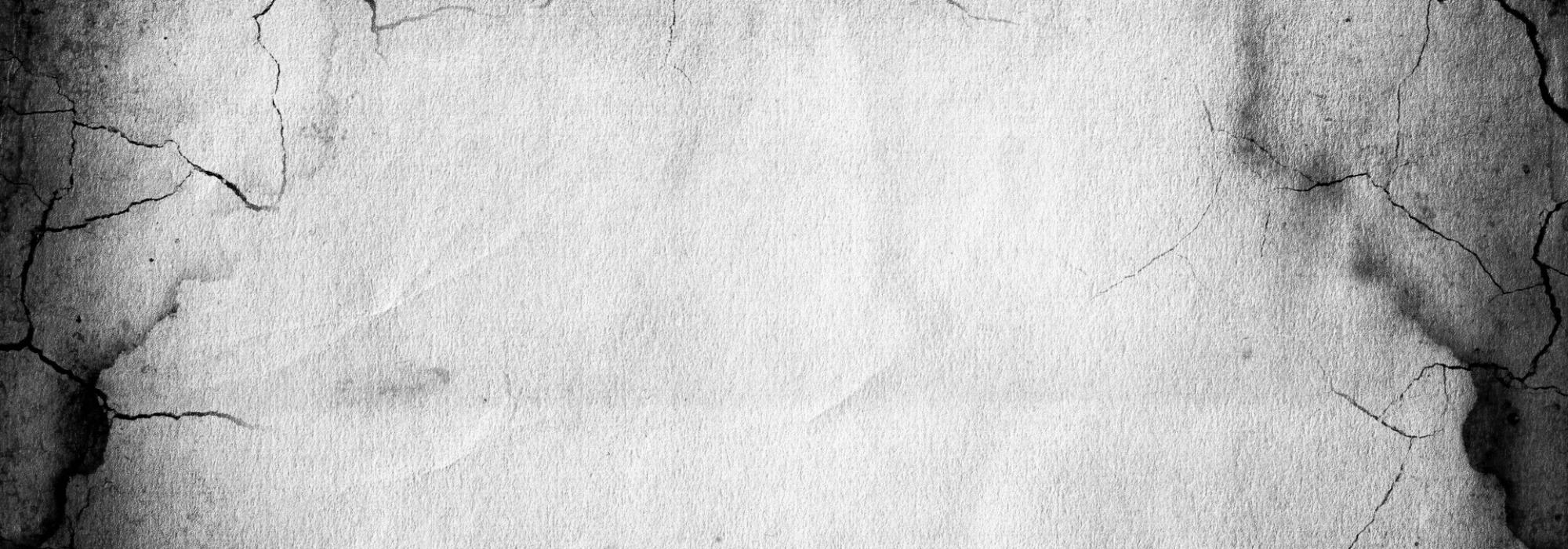नवलक्षधनुर्धराधिनाथे
पृथिवीं शासति वीररुद्रभूपे |
अभवत्परमाग्रहारपीडा
कुचकुम्भेषु कुरङ्गलोचनानाम् ॥
Vidyanatha who lived in the thirteenth century was a great poet and rhetorician. He wrote a compendium of alankara shastra titled Prataparudrayashobhushanam. This work, until recently, was the pet-book of scholars. It belongs to the dhvani school of thought, and is a dependable text that gives definitions and examples of almost all concepts of Indian poetics. It also deals with dramaturgy. Though this work has no original insights to offer, it is helpful to students. It is also unique in a sense – it is the first work of its kind where all examples are based on the poet’s patron, Prataparudradeva.
Vidyanatha was an orphan. He grew up in a state of penury, and was harassed by relatives. He became a scholar by sheer dint of hard work. He took care of his family with great difficulty. When the time came, he did not have money to spend on his daughter’s marriage. With no other alternative in sight, he approached the Kakatiya king Prataparudradeva for help.
When he went there, there was another person seeking the help of the king. It was one Shivayya from an agrahara (self-sufficient Brahmin colony) named Eleshvara. He explained to the king the travails of his people through three lines of this poem. It was also a sharp taunt directed at the king.
Prataparudra has nine lakh archers in his army.
Ruled by him, the best among agraharas is in distress.
Vidyanatha composed the fourth line immediately. Not only did it complete the poem, it also showed the king in a better light. He said:
It (the distress) is only in the bosoms of deer-eyed damsels.
This is a play on words. To understand the word ‘paramagrahara’ as intended by Shivayya, it has to be split as parama+agrahara. Vidyanatha gave it a different spin. Splitting the word as parama+agra+hara, he made it to mean a necklace. Now, thanks to this shlesha (pun), the verse means:
When Prataparudra is the ruler of the world,
Discomfort is only in the bosoms of ladies.
It is caused by their necklaces (stuck between full breasts)
The figure of speech parisankhyalankara is present here. This verse won Vidyanatha the king’s praise. All his difficulties vanished, and so did end the sad saga of agraharas.
Translated from Kannada by Shashi Kiran B. N.
(The original article is from the anthology Kavitegondu Kathe.)















































